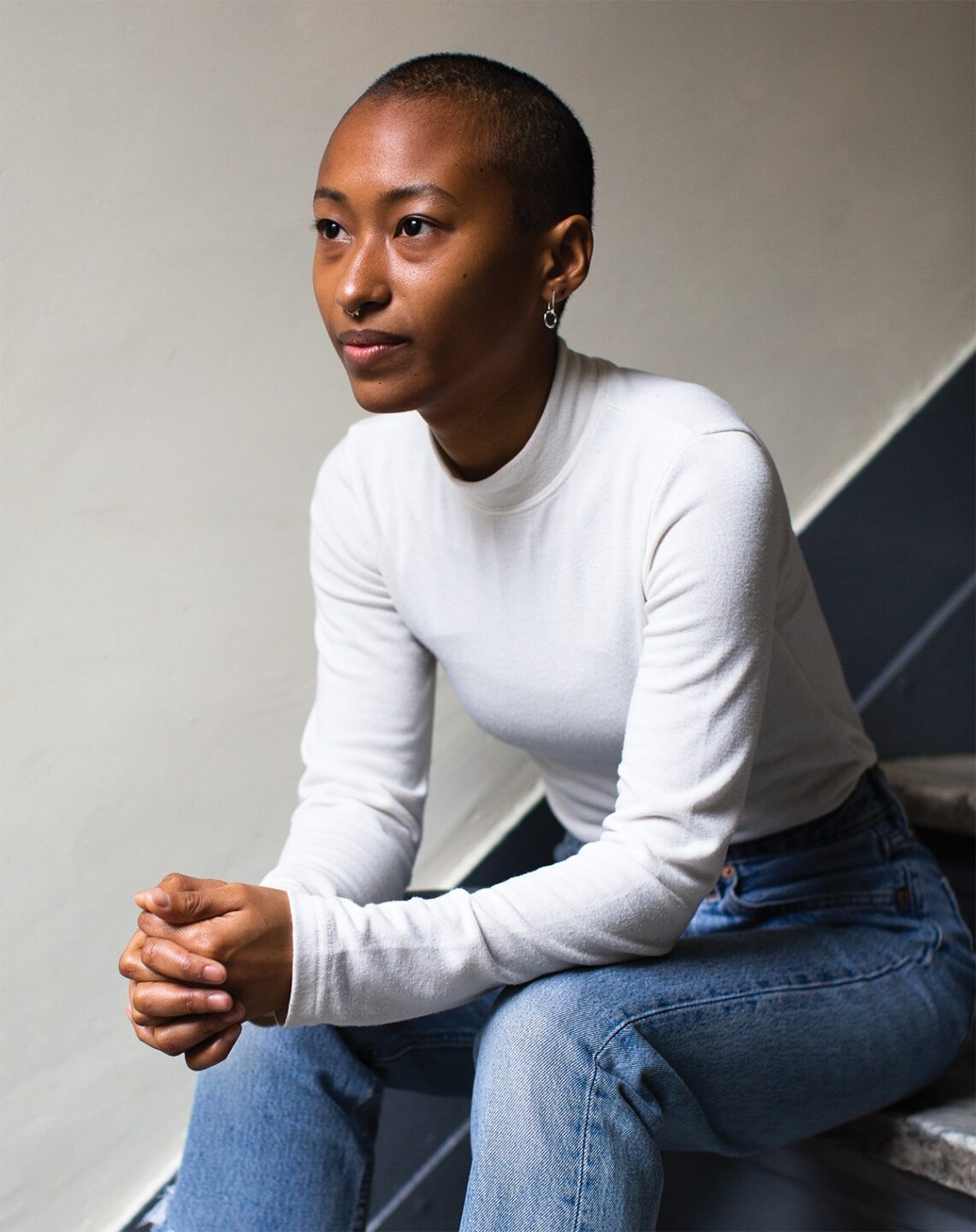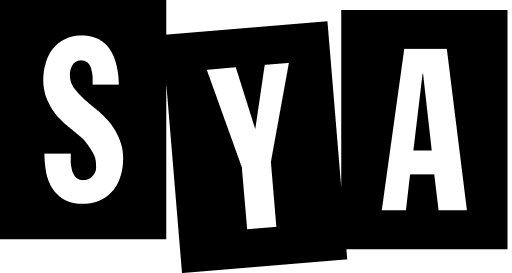It is not set up for women—especially black women—to take authorship over their own bodies.

photo by Elizabeth Rudge
Ten years ago, I had an abortion. Five years ago was the first time I shared my experience with peers. Four years ago, I completed an art project based on the experience. Two years ago, I published an article on a major website detailing the effect my abortion has had on me both then and now. I thought I’d finally come to terms with what I’d been through and asserted for the world to hear that I had an abortion and I was not ashamed. Then, three months ago, I had a pregnancy scare. Faced with the possibility of a second abortion, I realized that my full reckoning was not complete.
I’ve gone through a few different stages since the abortion that have helped me work toward open dialogue. The very first stage was telling my parents I was pregnant and requesting help, more out of necessity than choice—I was a 14-year-old in Seoul, South Korea. The second stage was opening up to a group of peers after moving thousands of miles from home. It was then that I realized the power of trauma and how we are programmed to shield ourselves from it.
Early on, I found it difficult to recall specific moments from those weeks after I realized I was pregnant. I used to think I was trying to shield myself from the abortion experience itself, but looking back, I was trying to protect myself from being shamed. I doubted certain events and conversations leading up to and after the abortion. I’ve learned to state these foggy memories as facts. My mind wanted to forget, but I needed to remember and to say these statements out loud in order to work through them.
I had an abortion at age 14. I had an abortion and I do not regret it. I had an abortion and it does not encompass who I am.
Once I had affirmed my truth for myself, I wanted to turn that affirmation to face outward. The third stage in healing was to document it, which I did in the form of an art installation that recreated a sense of time and place. Feeling as though I had no control over my interpretation of memories encouraged me to record my experience the way that I recalled it six years later. The fourth stage was taking my feelings, my conclusions, and my journey and publishing them for the world to see—on the internet, with my photo, underlining the words “I am not ashamed.”
I have never felt ashamed, but rather I was shamed. I have never been embarrassed to tell my story, but I feared the backlash my family would endure from their close-knit community. I have never felt conflicted about the decision I made or the decision I would make today if I were to have an unplanned pregnancy. Yet three months ago, I had a pregnancy scare and feared the stigma I would face, even within the pro-choice liberal community, for having a second abortion. “My body, my choice” … until the second time around, that is. Still, I don’t know whether my initial embarrassment was due to my own preconceived notions of what is and isn’t acceptable or because I’d been made to feel that way by what society—even the liberal progressive pocket that I live in—deems acceptable.
I realized, feeling nervous and self-conscious about the prospect of a second abortion, that I had not yet completed my journey of reconciliation. I found myself looking outward in search of answers, just as I had 10 years ago. On the one hand, I know who I am. I am a 24-year-old black and Korean woman, artist, friend, lover, activist, community organizer, and much more. I’m a lot of things, but I am not my abortion.
Still, the experience has had an effect on the person I am today, and my trepidation about whether it would be acceptable to go through it again made me reflect on how far we still have to go as a society to ensure that people like me— human beings, women with fertile wombs, black women—all have the freedoms and options they need and deserve. It made me angry that the system in place has not been set up for folks like me. It is not set up for women—especially black women—to take authorship over their own bodies. Black women are visible in society as caretakers for white children, yet we are vilified as unfit mothers. We are more likely to die in childbirth, yet we lack access to abortion services. This facade is ingrained in our society, and it negatively influences how women of color see themselves, their worth, and their abilities.
My final stage is ongoing—it’s continuing to talk about my abortion and freedom for all bodies to destigmatize, educate, and hopefully help others.
